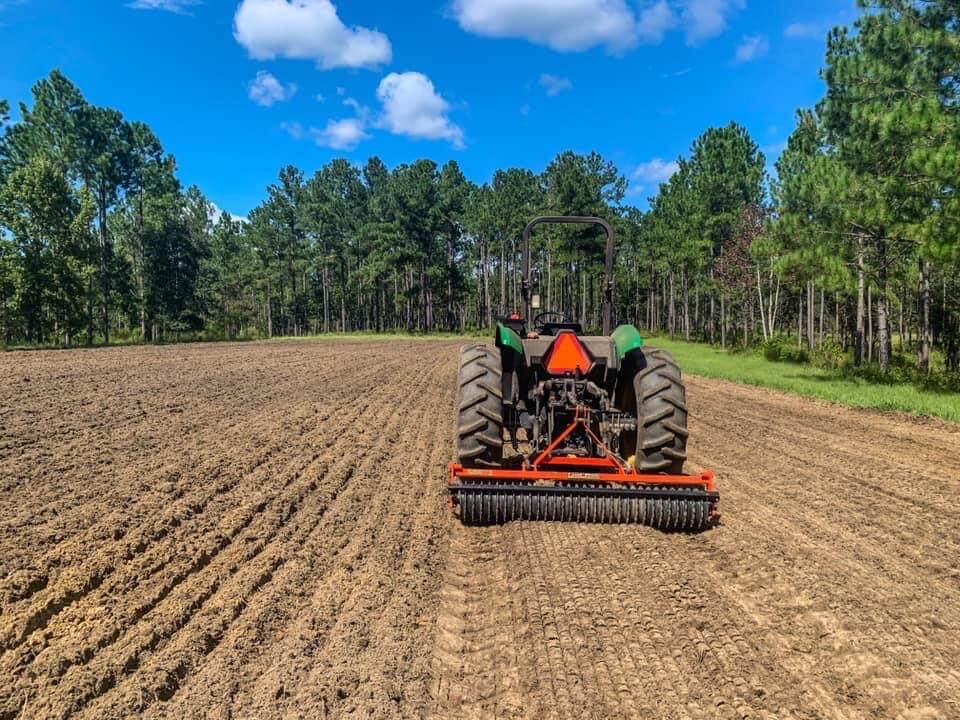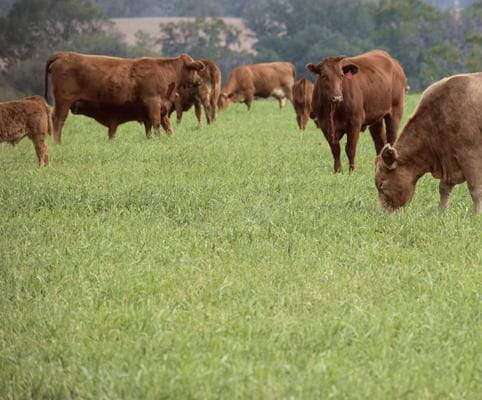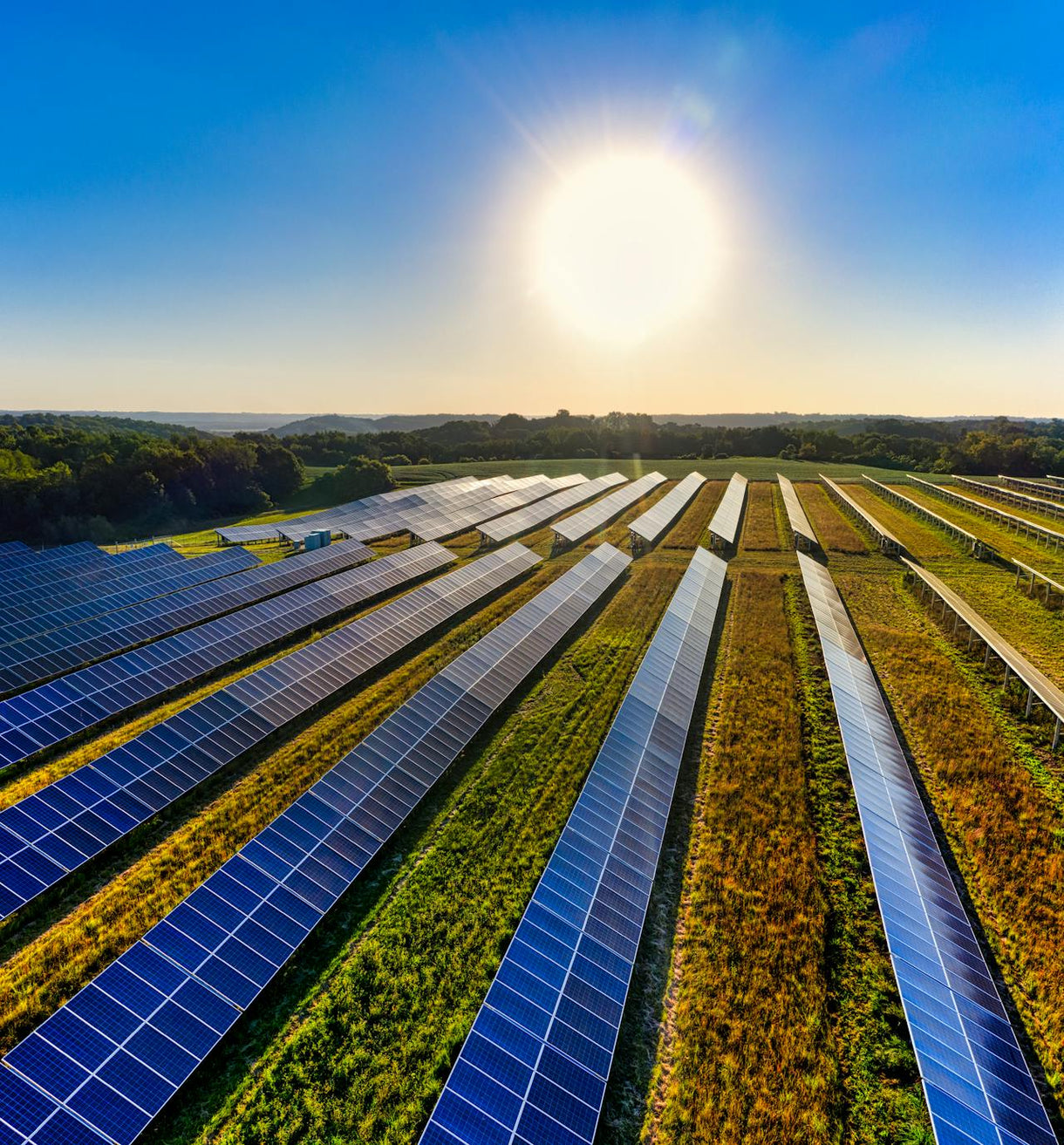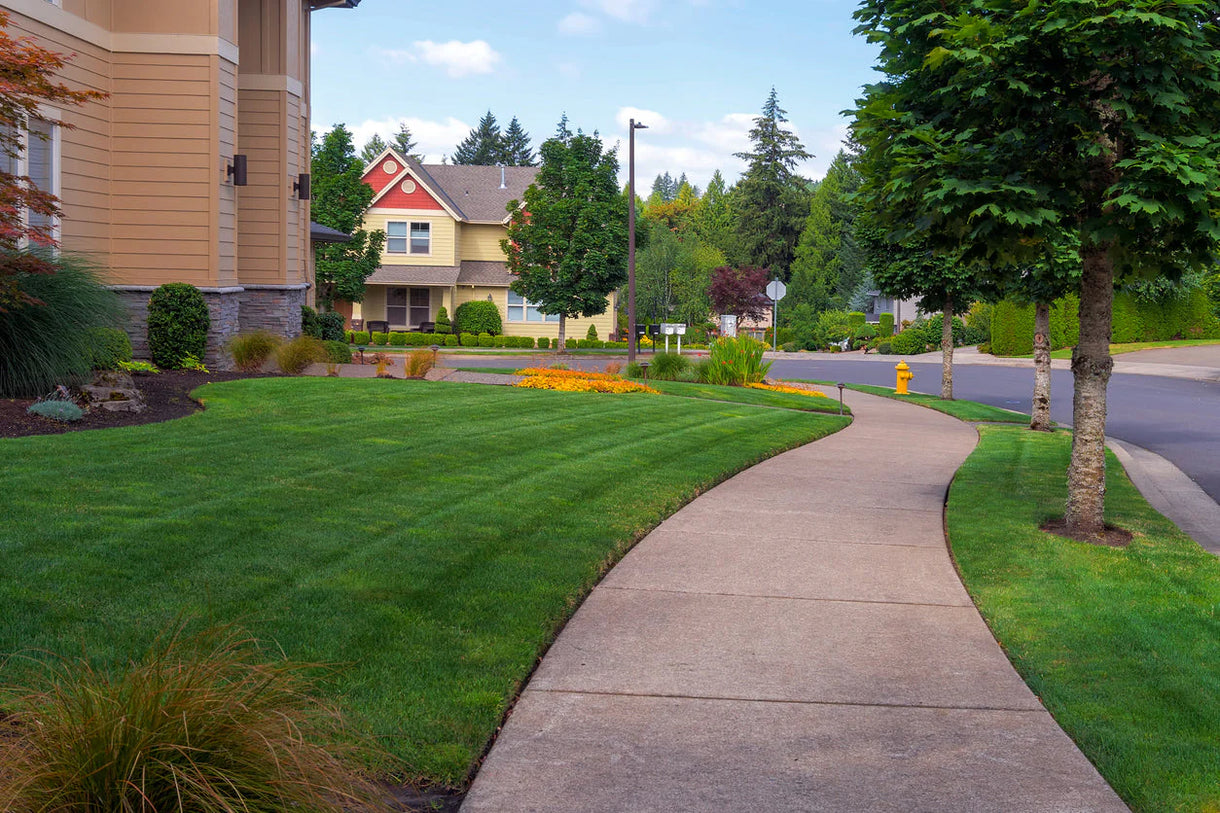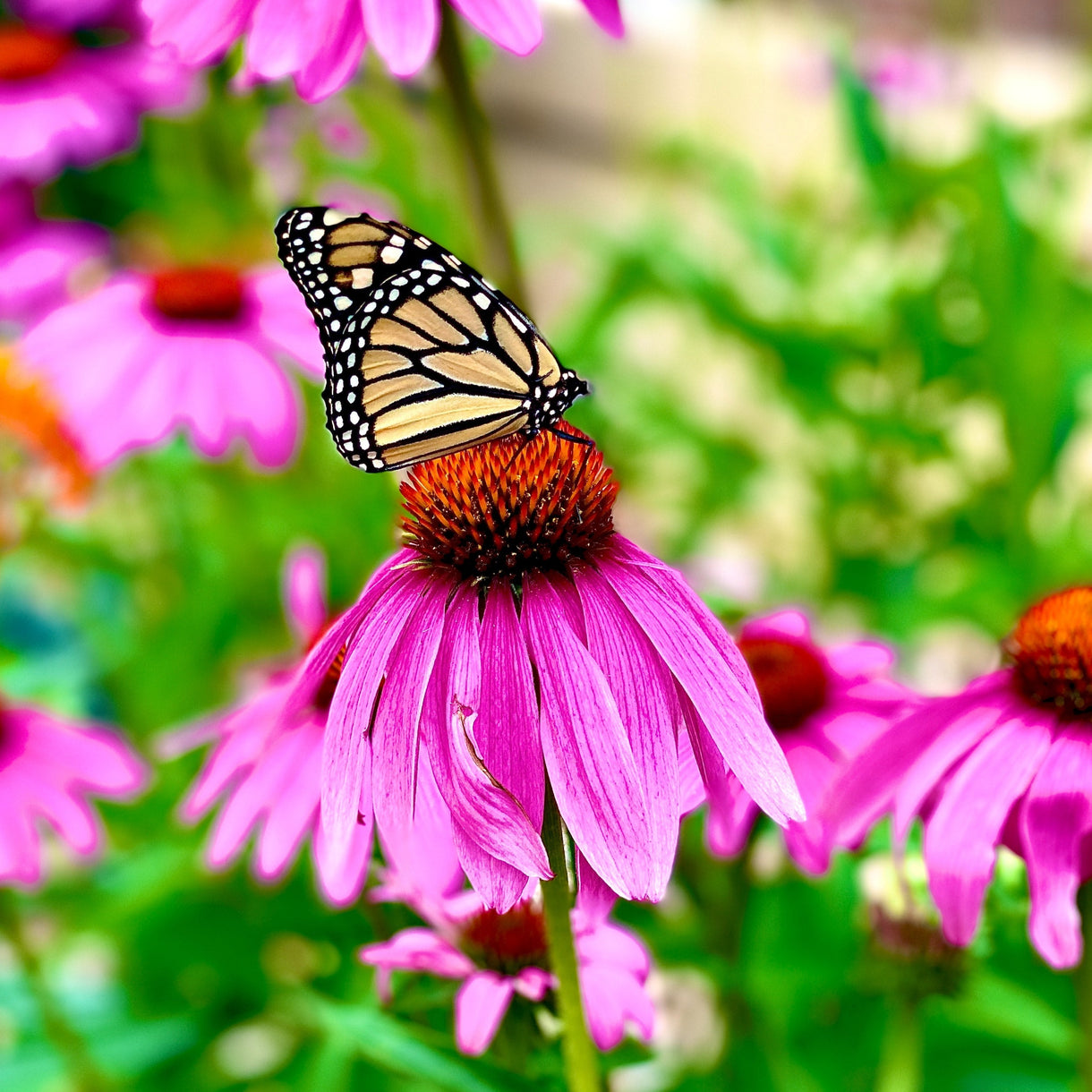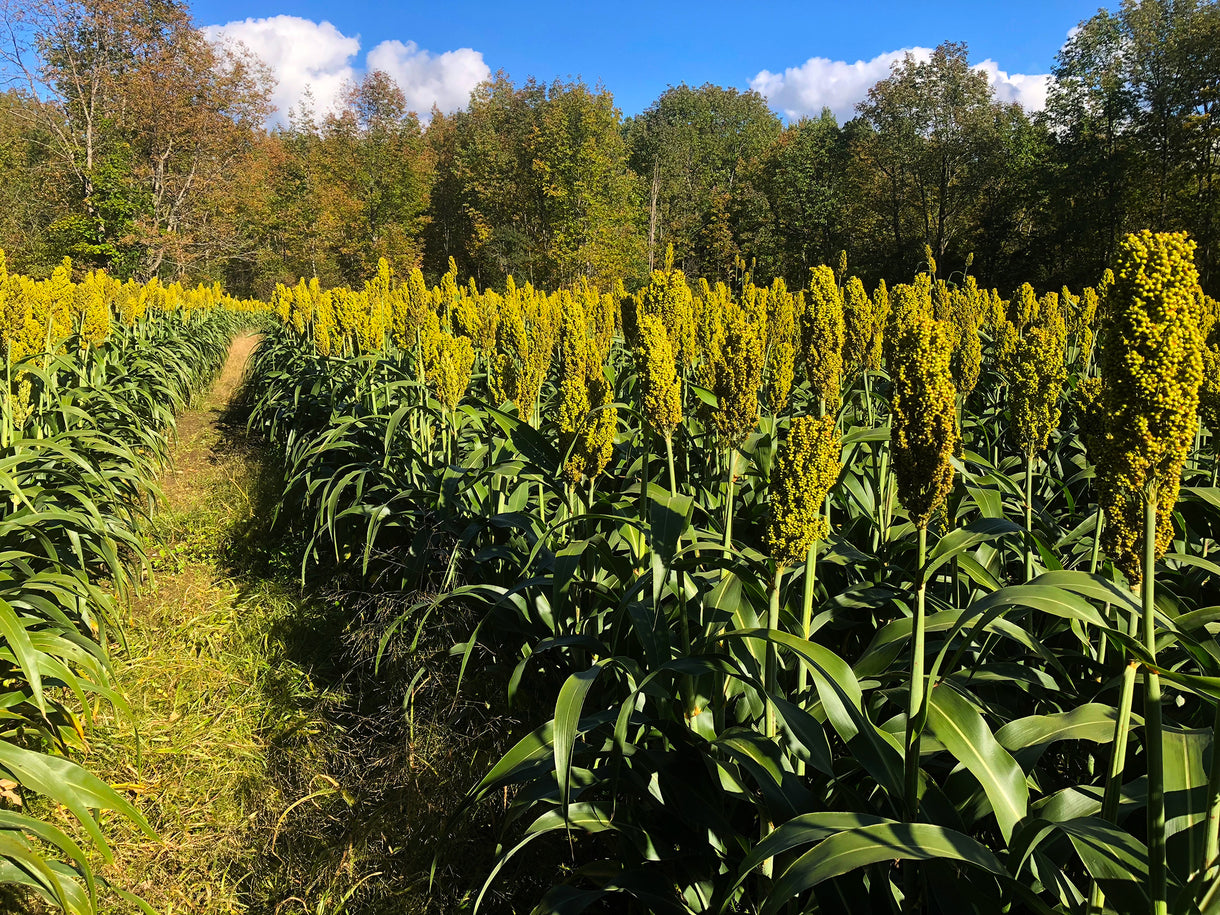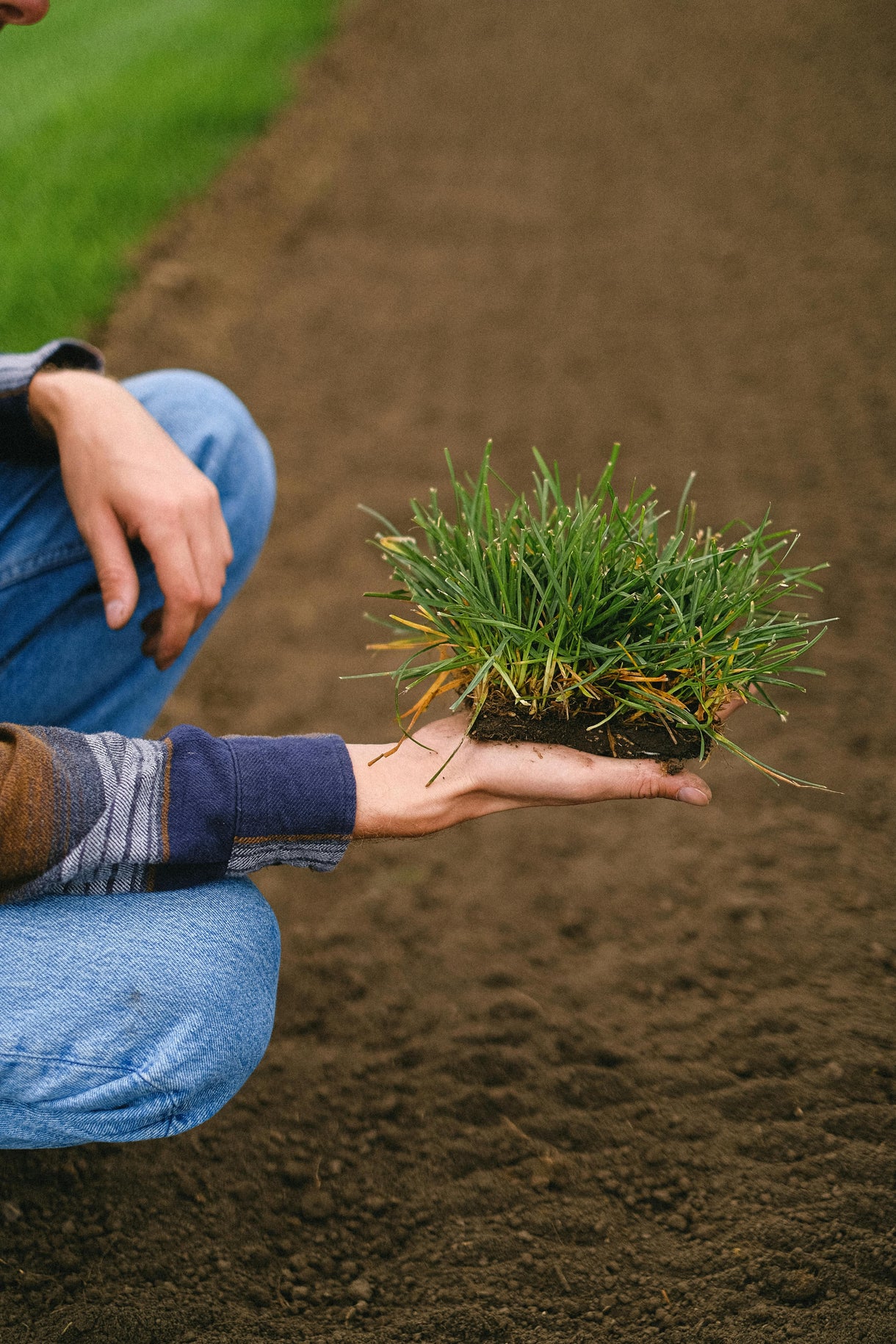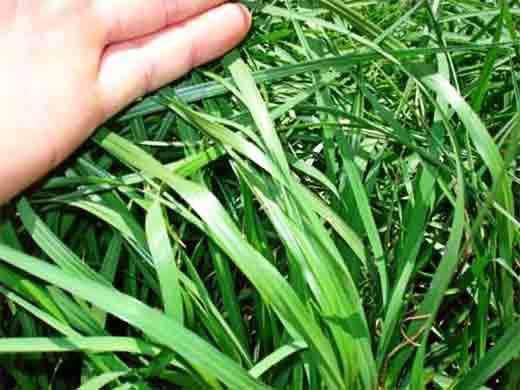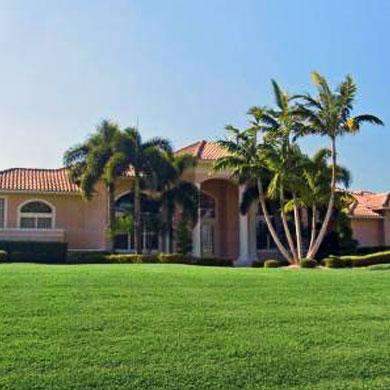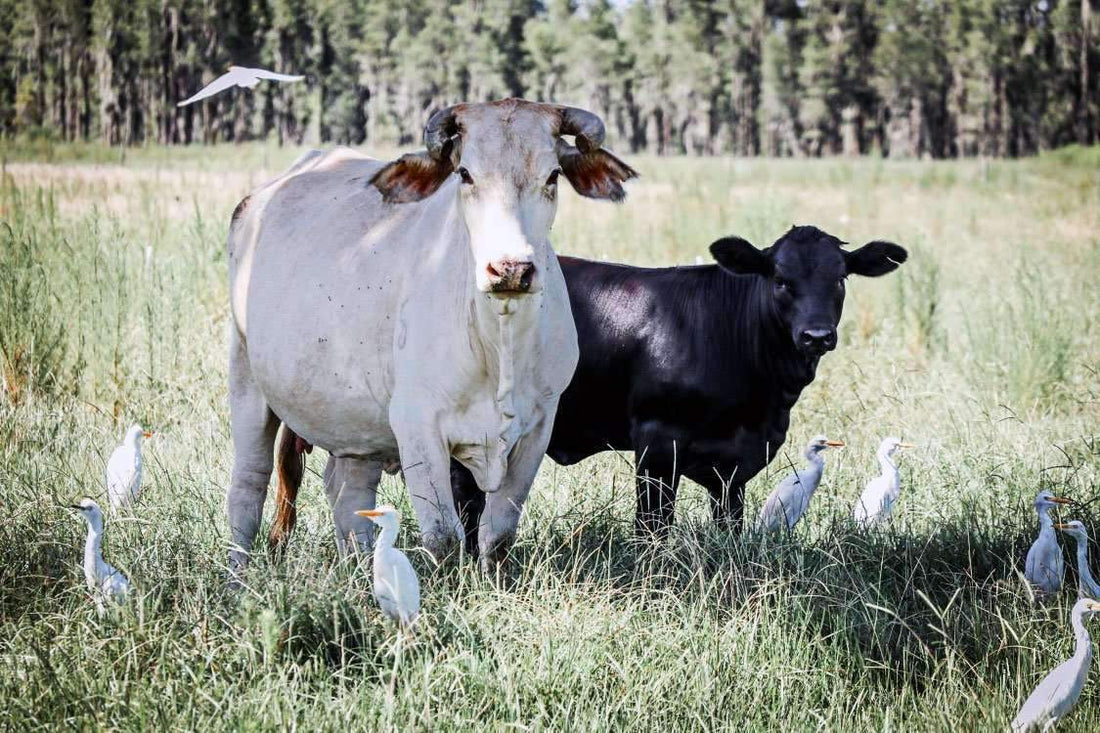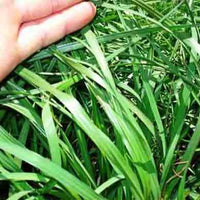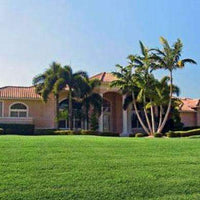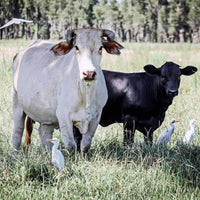Popular Products
From
$36.99
$89.99
59% off
From
$24.99
$59.99
58% off
From
$44.99
$87.99
49% off
From
$54.99
$89.99
39% off
From
$97.99
$169.99
42% off
From
$49.99
$109.99
55% off
Menu
Search
Popular Products
From
$36.99
$89.99
59% off
From
$24.99
$59.99
58% off
From
$44.99
$87.99
49% off
From
$54.99
$89.99
39% off
From
$97.99
$169.99
42% off
From
$49.99
$109.99
55% off
Farmer Direct Seed
Hancock grows or aquires seed from fellow farmers, to provide you the best quality at the lowest prices.
Quick Shipping
We take pride in sending your order as soon as possible for all products in stock, so you’re not left waiting
100,000.000 lbs. in Stock
Pasture, Service Blends, Food Plot, Lawn and Turf Grass, and more... we can fill almost any size order for any project.

Seed Quality
Hancock Seed is dedicated to delivering the best seeds possible to our customers. Hancock Seed grows and harvests many of our products, and we acquire the majority of the rest from other family farmers.
All these seeds are processed, packaged and shipped from Hancock Farm. This helps us ensure that our high standards are met. Unlike much of the competition, we refuse to sell you a seed that was not gathered during the last harvest. You will always receive fresh product from Hancock.
Every seed we grow comes with 40 years of experience behind it...you can rest assured that all of our products are cultivated in a method that assures its potential for growth.
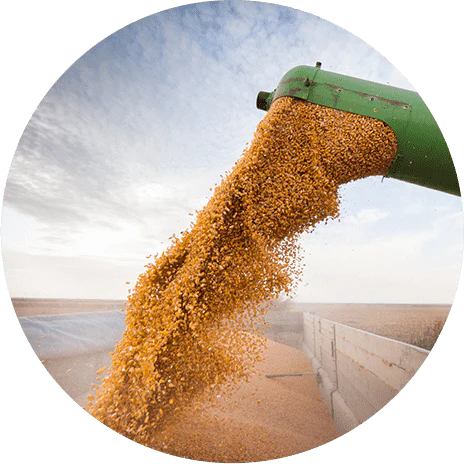
Your cart ( 0 )
Information






